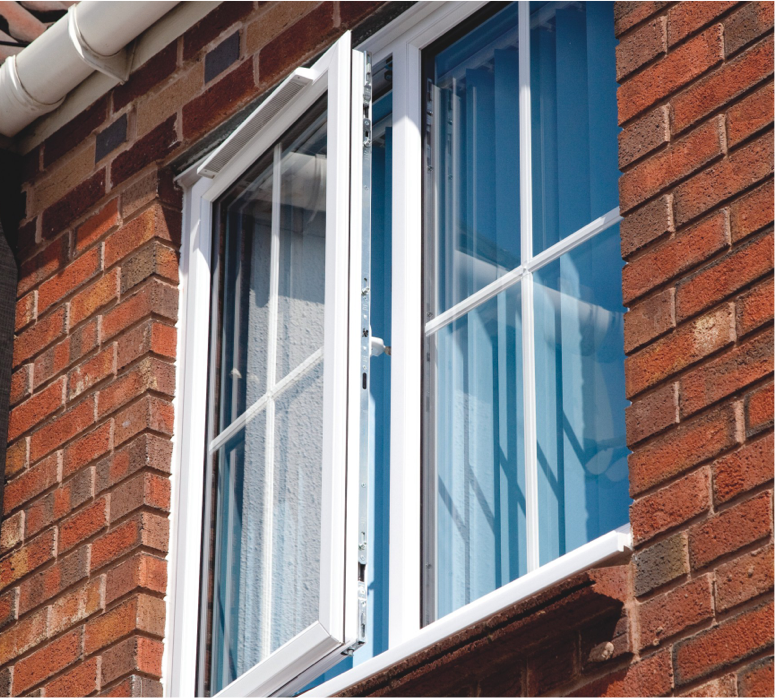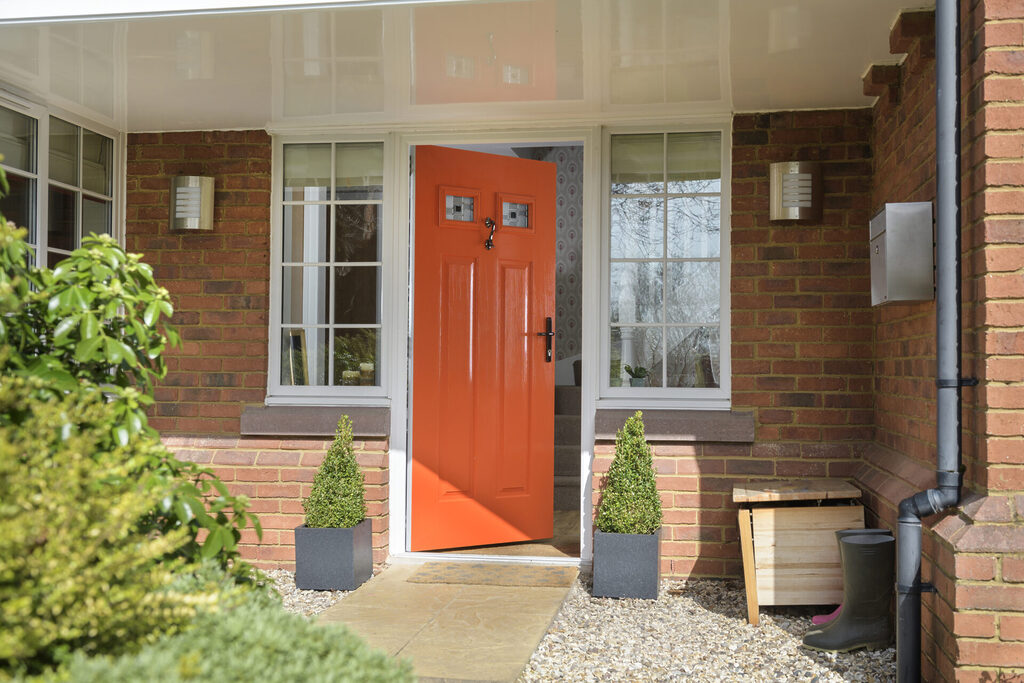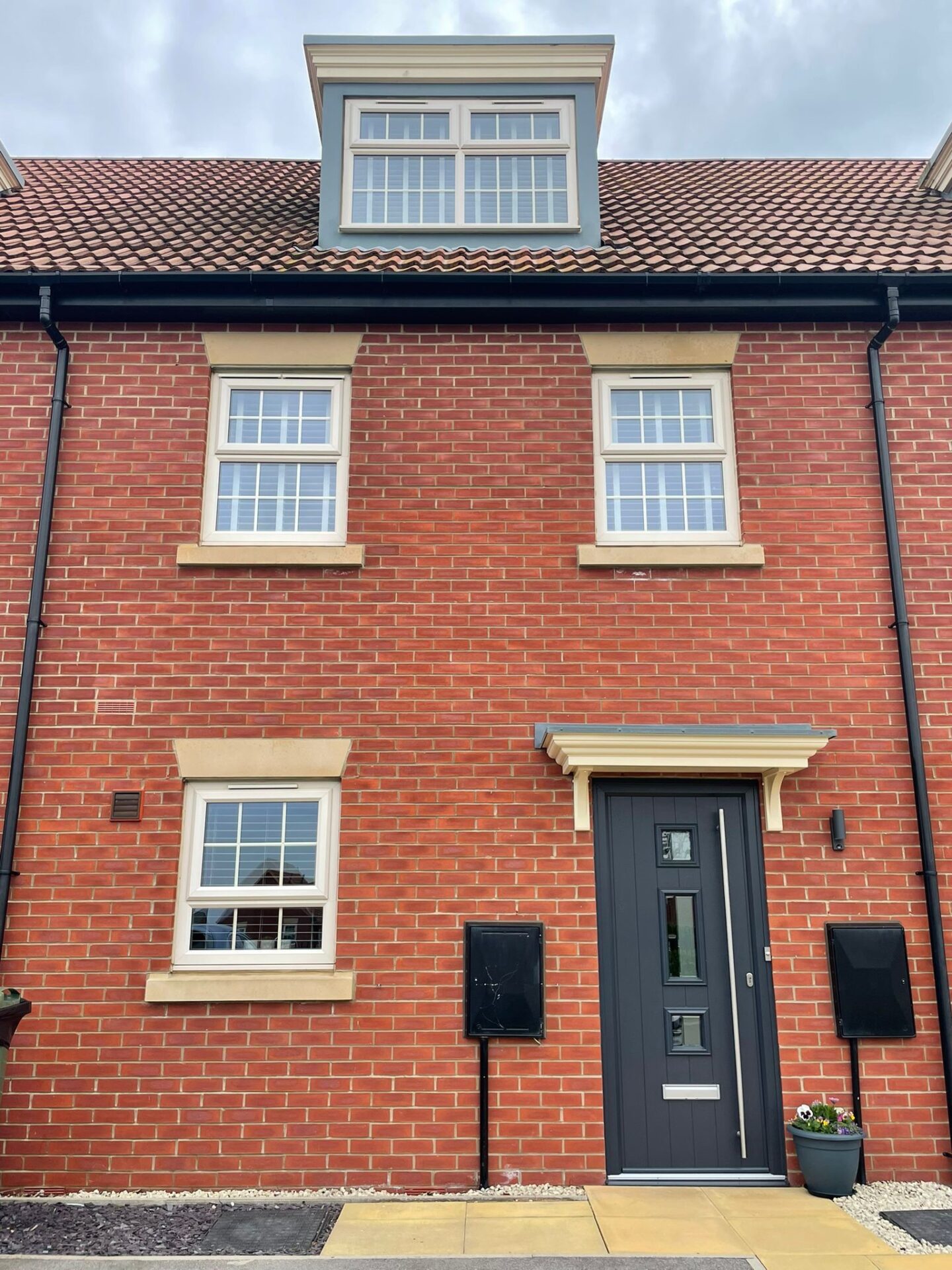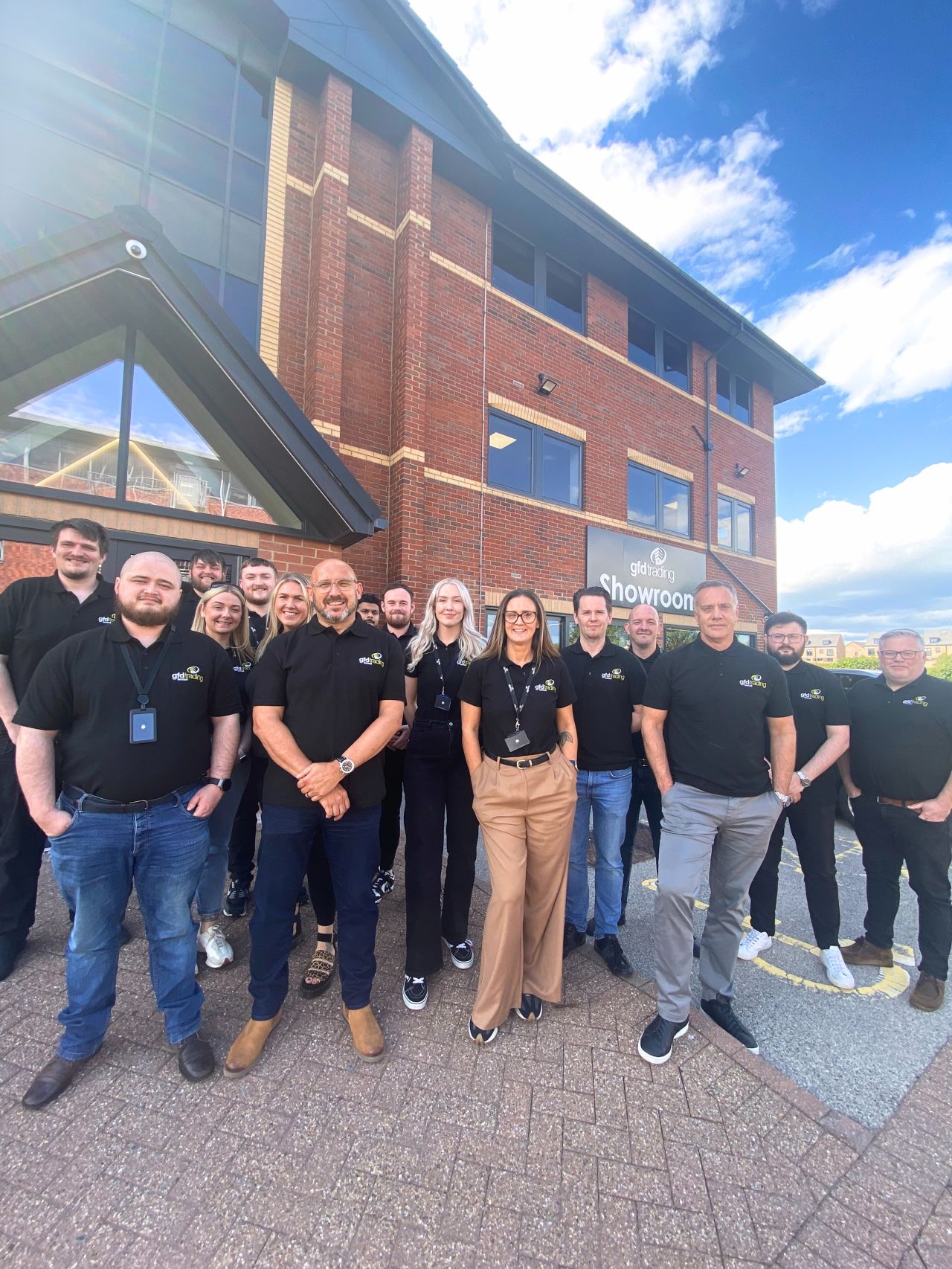Last Updated on 17 October 2024 by Team GFD
Making your home more energy efficient: how do you do it?
You can make your home more energy efficient by taking steps to assess your current energy usage, upgrading insulation, sealing air leaks, and investing in energy-efficient appliances and systems.
When it comes to making your home more energy efficient, the benefits are clear: lower utility bills, a reduced carbon footprint, and a more comfortable living space.
Whether you’re looking for small, budget-friendly changes or larger, long-term investments, there are plenty of ways to improve your home’s energy efficiency.
In this guide, we’ll walk you through practical tips and solutions that can make a noticeable difference in how much energy your home consumes.
Looking for something in a rush? Jump right too it:
- What is Energy Efficiency
- The Benefits of Energy efficiency
- Assessing Your Home’s Energy Use
- How to Make Your Home More Energy Efficient
- FAQs
What is Energy Efficiency?
Energy efficiency refers to using less energy to perform the same tasks or achieve the same outcomes.
In a home, this could mean using less energy to heat rooms, run appliances, or light your spaces while maintaining the same level of comfort or functionality.
The Benefits of Energy Efficiency
Investing time and money into making your home more energy efficient offers several benefits:
- Lower energy bills: Reduced energy consumption means you’ll see a drop in your monthly utility bills.
- Environmental impact: Less energy use means fewer greenhouse gas emissions, helping you reduce your carbon footprint.
- Increased comfort: Energy-efficient homes are more consistent in temperature and air quality, which can lead to a more comfortable living environment.
- Boosted property value: Homes that are energy efficient are more attractive to buyers, potentially increasing your property’s market value.

Assessing Your Home’s Energy Use
Before you can improve your home’s energy efficiency, it’s important to assess how your home currently uses energy. This step helps you pinpoint areas where energy is being wasted.
Conducting an Energy Audit
An energy audit is a great first step to understanding your home’s energy consumption.
You can conduct a DIY audit or hire a professional to inspect areas like insulation, heating systems, and windows.
A thorough audit will help you create a list of the most effective changes you can make.
Identifying Common Energy Drains
Some of the most common energy drains in a typical home include inefficient heating systems, old appliances, and poorly insulated windows and doors.
Identifying these areas allows you to target improvements where they’re needed most.
How to Make Your Home More Energy Efficient
Now that you have an understanding of your home’s energy use, let’s explore specific methods to increase efficiency and reduce energy consumption.
Insulation and Weatherproofing
One of the most effective ways to improve your home’s energy efficiency is by focusing on insulation. Proper insulation prevents heat loss during the winter and keeps cool air inside during the summer.
Upgrading Home Insulation
Upgrading the insulation in your attic, walls, and floors can lead to significant energy savings. Ensure that you use high-quality materials like spray foam, fibreglass, or cellulose to insulate your home effectively.
Sealing Air Leaks
Air leaks are another major contributor to energy waste.
Leaks around windows, doors, and other openings can cause warm or cool air to escape, making your heating or cooling system work harder.
Seal these leaks with caulk or weatherstripping to keep your home well-insulated.
Installing Energy-Efficient Windows and Doors
If your windows and doors are outdated, consider replacing them with newer, energy-efficient models.
With higher quality and better priced options now available on the market, many homeowners are looking into beating energy costs with a composite front door.

You can also explore what is the most energy-efficient door to find out which door option is right for your home.
Efficient Heating and Cooling Systems
Your heating and cooling system is one of the largest consumers of energy in your home. Upgrading to a more efficient system can lead to significant energy savings.
- Upgrade your furnace or air conditioning unit: Modern systems are far more energy-efficient than older models.
- Use a programmable thermostat: Set your heating or cooling to come on only when needed, avoiding wasteful energy consumption.
Energy-Efficient Appliances
Old appliances, such as refrigerators, washing machines, and dishwashers, tend to use more energy than newer models. When it’s time to replace these items, look for ones with an Energy Star label, which guarantees high energy efficiency.
Renewable Energy Options
Investing in renewable energy sources like solar panels can provide long-term benefits. Solar panels allow you to generate your own electricity, reducing your reliance on grid-based energy and lowering your utility bills over time.
Smart Home Technologies
Smart home devices offer a modern way to enhance your home’s energy efficiency.
- Smart thermostats: These allow you to control your heating and cooling from your phone, adjusting the temperature based on your schedule and needs.
- Smart lighting systems: Motion sensors and timers can turn lights on or off automatically, reducing unnecessary energy usage.
Water Conservation and Efficiency
Energy efficiency isn’t just about electricity; it’s also about water usage. Low-flow faucets and showerheads, along with energy-efficient dishwashers and washing machines, can drastically reduce the amount of water (and energy) you use in your home.
Adopting Energy-Saving Habits
In addition to home improvements, adopting a few energy-saving habits can lead to further reductions in your energy bills.
- Switch off lights when leaving a room.
- Unplug appliances and electronics when they’re not in use.
- Wash clothes in cold water to reduce the energy required for heating water.
- Take advantage of natural light by opening curtains or blinds during the day, reducing the need for artificial lighting.
Upgrade Your Home’s Energy Efficiency with GFD Homes
Making your home more energy efficient is a worthwhile investment that offers long-term benefits.
Small changes, like adopting energy-saving habits or using smart home technologies, can make a noticeable difference as well.
At GFD Homes, we’re committed to helping you create a more sustainable, cost-effective home. Whether it’s through energy-efficient doors and windows or expert tips, we’re here to support you in making your home as efficient as possible. Start today by making a few changes, and watch the savings and comfort grow over time.
FAQs about Making Your Home More Energy Efficient
How can I improve the energy efficiency of my house?
Improving your home’s energy efficiency starts with assessing current energy use.
After conducting an audit, focus on upgrading insulation, sealing air leaks, installing energy-efficient windows and doors, and using energy-efficient appliances.
How to reduce electricity consumption at home?
You can reduce electricity consumption by switching to energy-efficient appliances, using smart lighting, and adopting energy-saving habits like turning off lights when not in use and unplugging devices that are not actively being used.
How can I make my home heating more efficient?
To improve home heating efficiency, consider upgrading to a high-efficiency furnace, installing a programmable thermostat, and improving insulation to prevent heat loss.
Which is the most energy-efficient way to heat your home?
The most energy-efficient heating systems include heat pumps, underfloor heating, and condensing boilers. Renewable energy options, like solar water heating, also provide an eco-friendly and efficient way to heat your home.

